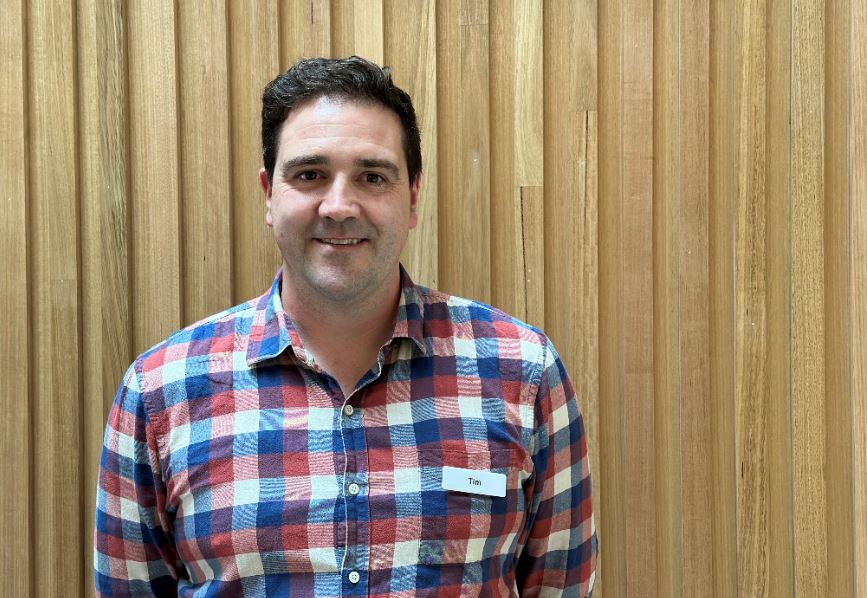Grampians Health celebrates clinical research in rural and regional Victoria
 Pictured; Tim Stewart, a dietician at Grampians Health who presented at the Research and Innovation on the Run Symposium this year.
Pictured; Tim Stewart, a dietician at Grampians Health who presented at the Research and Innovation on the Run Symposium this year.
Grampians Health's Research and Innovation on the Run Symposium has concluded for the year. Featuring presentations from researchers from across Grampians Health, this year's symposium showcased the depth and breadth of research happening at the regional and rural hospitals.
"This is a great way to showcase what can be done in clinical research in regional and rural areas, not only to our Grampians Health staff, but to everyone in the region," said Grampians Health Director Research Operations Ashleigh Clarke.
The Research and Innovation on the Run Symposium has been running for the last four years, pivoting in 2020 to an online format, ensuring the celebration of research has been able to continue. Each year, the symposium shares the powerful effect that Grampians Health's research and innovation projects have on the organization and community.
"Research drives clinical and health service transformation. We're proud to have a large capacity for research in Ballarat at Grampians Health and with the amalgamation, we're able to now support research further into regional and rural Victoria away from the major metropolitan areas," Grampians Health Chief Medical Officer Professor Matthew Hadfield said.
This year's research presented subjects such as: penicillin allergies - legit or legacy; does a patient's remoteness have an effect on outcomes after a heart attack; will weighing liquid medications help with unaccounted losses; how libraries support Australian medical training; and how to promote consumer awareness of clinical trials.
"We’re very proud of what our staff are doing. You don’t have to be based at a major metro hospital to lead and participate in research that has a significant impact on the community," Ms Clarke said.
“Research and innovation are key enablers in achieving our vision of being an innovative leader in regional and rural healthcare. We’re dedicated to continue growing our culture of embedded research across our organisation,” said Mr Hadfield.

